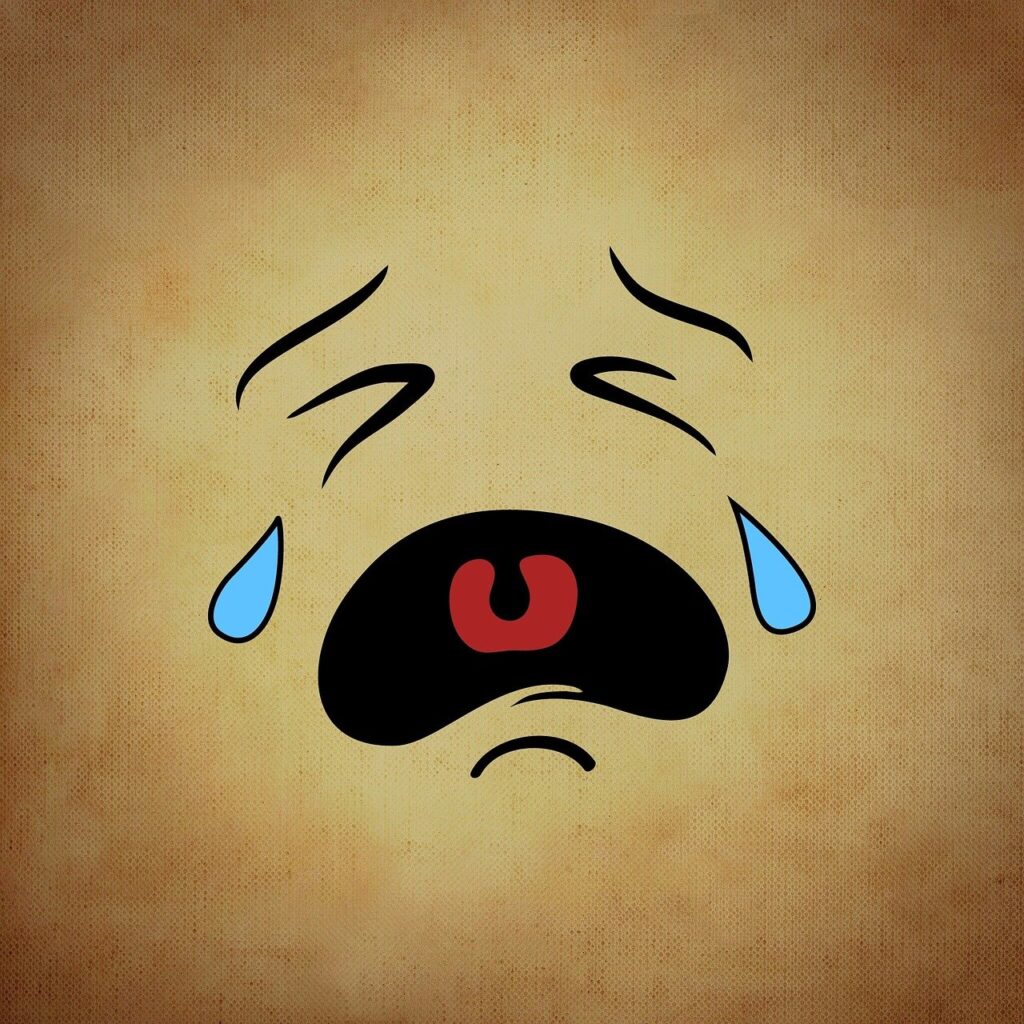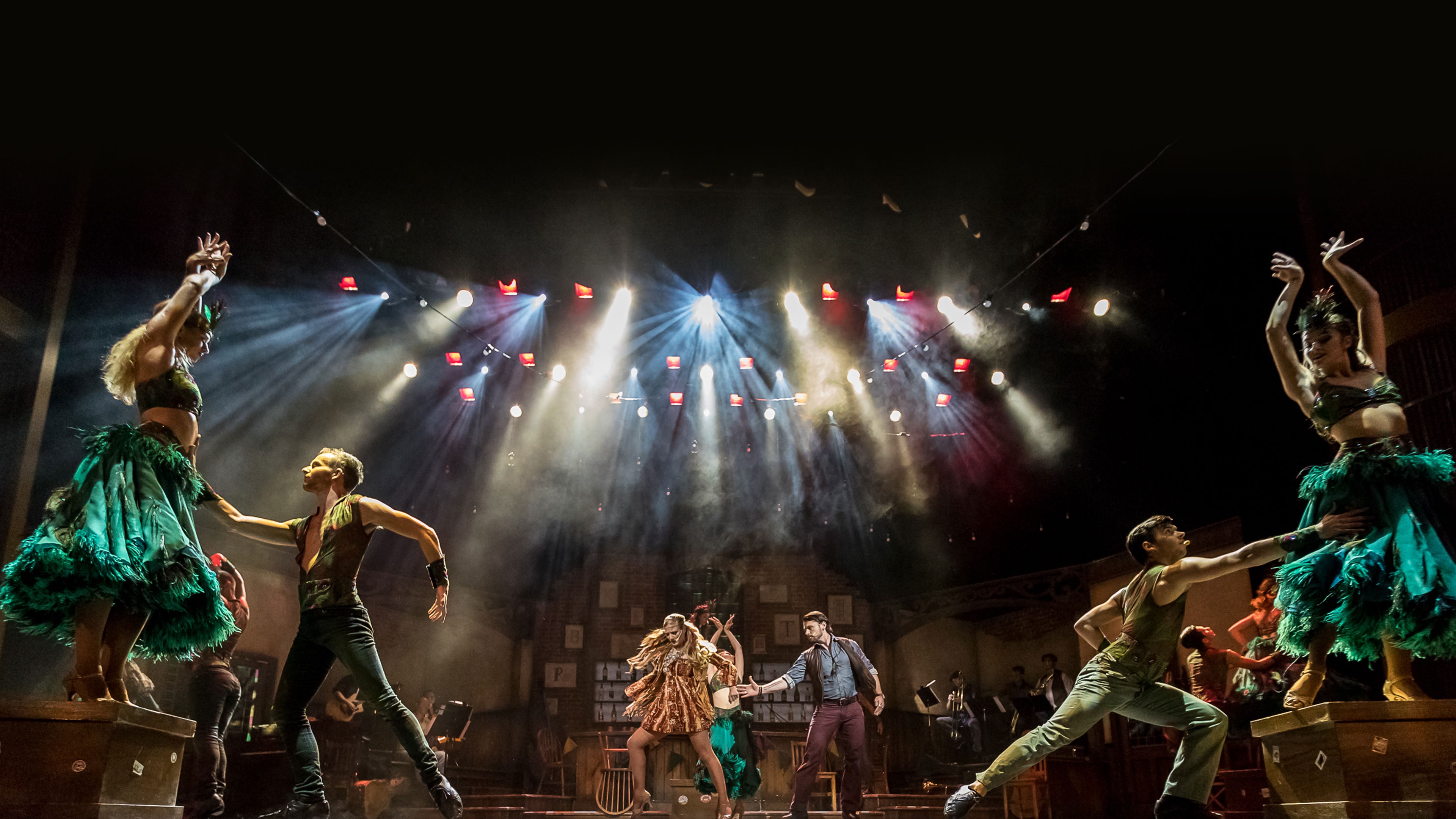
Okay, spill the tea, musical lovers! We all know the thrill of a show-stopping Broadway production, where the lights, the spectacle, and those belting voices send shivers down your spine. Musicals are truly something extraordinary, whether you’re catching a live performance or settling in for a cinematic experience that promises to transport you. In an era where hits like ‘Wicked’ are going viral on TikTok and dominating late-night talk shows, it feels like the dream of the movie musical is alive and well, still keeping that magic flickering brightly.
But let’s be real for a sec. You know that feeling, right? That hopeful anticipation when you press play on a movie adaptation of a musical you adore, only to feel a cold dread creep in? It starts small, maybe an awkward note here, a questionable costume there. Then, half an hour, an hour, or even a full 90 minutes in, it hits you like a rogue prop: ‘Oh no, this is really bad, and it’s only getting worse!’ There are few experiences worse than sitting down to watch a musical adaptation of a famous show, only to realize you still have two more hours left of pure cringe.
These bad movie musicals aren’t just flops; they’re spectacles in and of themselves – fascinating, almost mesmerizing examples of just how wrong things can go when the stage lights dim and the cameras start rolling. While we might never want to re-watch any of them, they’re definitely conversation starters. So, to ‘celebrate’ these not-so-shining moments in cinematic history, we’ve rounded up some of the most infamous movie adaptations of beloved stage shows. These were the ones whose popularity was so undeniable on Broadway or off-Broadway that some studio just *had* to make a filmed version, convinced people would love it. Spoiler alert: not so much. Get ready, because we’re about to dive into the first seven!
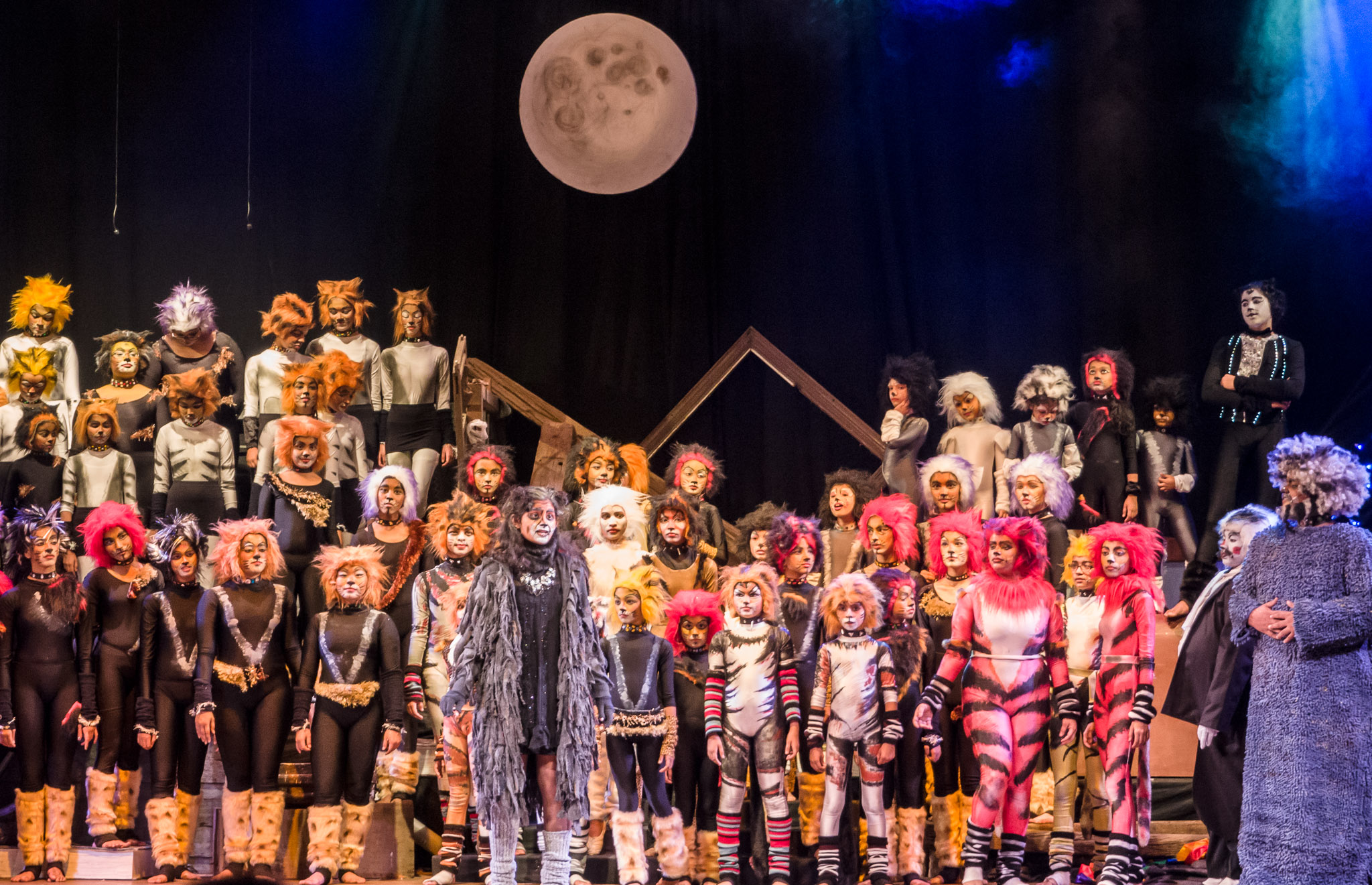
1. **Cats (2019)**Where do we even begin with ‘Cats’? Based on Andrew Lloyd Webber’s iconic Broadway musical, the 2019 movie was meant to whisk us away into the whimsical world of Jellicle cats. We were promised grandeur, song, and dance, but what we got instead was… something else entirely. The film became instantly infamous, not for its brilliant storytelling, but for its utterly unsettling CGI cat designs that left audiences worldwide scratching their heads and, frankly, a little bewildered.
Imagine iconic songs, unforgettable melodies that have been a part of musical theater history for decades. Now imagine those songs delivered by digital feline figures that looked like they belonged in a fever dream. The movie’s digital effects and the awkward, almost robotic performances simply couldn’t overcome its bizarre visuals. It was a visual misfire so monumental, it overshadowed everything else, making it nearly impossible to engage with the story or the characters.
And let’s be honest, trying to explain the plot of ‘Cats’ (either the musical or the movie) to someone is a Herculean task. Most people, even those who’ve seen it, will probably just tell you, ‘Well, there are cats in it!’ The stage show was a smash hit largely due to its immersive experience and incredible dancing, which, sadly, just didn’t translate to the screen. Instead of the wild makeup and ’80s bodysuits that made the stage production so unique, audiences were treated to CGI James Corden and Taylor Swift rolling around a set for two and a half hours. It just wasn’t the same magic.
Unsurprisingly, ‘Cats’ (2019) is now widely hailed as one of the worst movies of all time, a true benchmark of cinematic catastrophe. Rotten Tomatoes, with its signature wit, summed it up perfectly: “Despite its fur-midable cast, this Cats adaptation is a clawful mistake that will leave most viewers begging to be put out of their mew-sery.” And honestly, who could argue with that?
Read more about: John Amos, Actor in Groundbreaking TV Roles and Cultural Icon, Dies at 84: A Look at a Life of Enduring Impact and Artistry
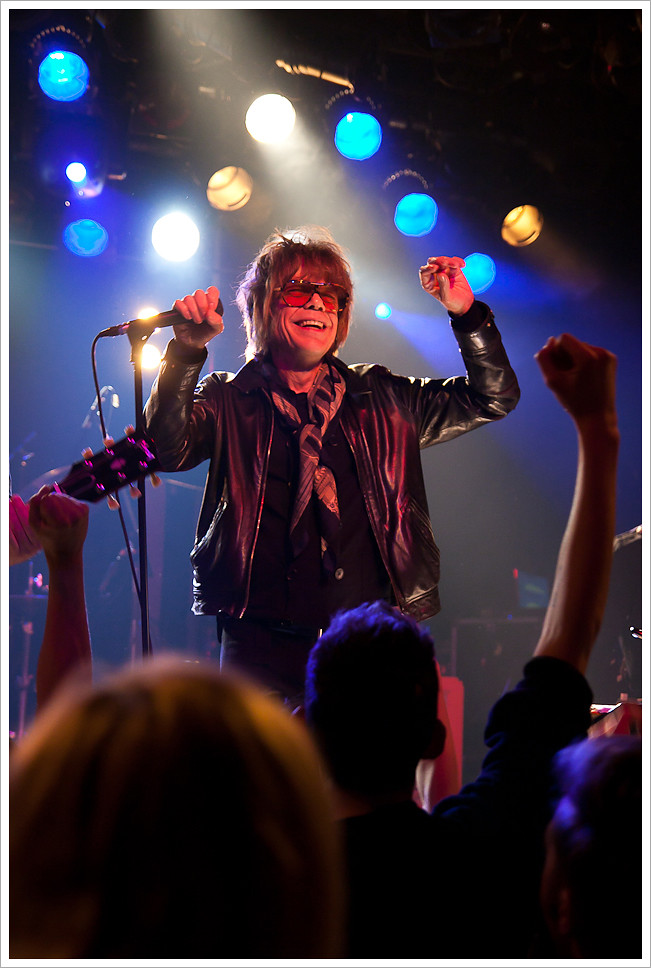
2. **Dear Evan Hansen (2021)**Okay, ‘Dear Evan Hansen’ on stage was a phenomenon. A Tony Award-winning musical about a socially anxious teenager, Evan Hansen, who gets entangled in a lie after a classmate’s death, it resonated deeply with audiences. It tackled heavy themes like mental health and teen suicide with a sensitivity that felt raw and vital. So, when the movie adaptation was announced, starring Broadway’s original Evan, Ben Platt, expectations were through the roof. Then, reality hit, and it hit hard.
While the stage production soared, the film adaptation stumbled, drawing heavy criticism for its pacing, its direction, and most notably, its casting. Ben Platt, who originated the role on Broadway at 22, was a full 27 by the time the movie was made. Let’s just say, no amount of makeup or ‘youthful’ haircuts could make him convincingly pass for a high school junior. This age gap created an ‘uncanny valley’ effect, making it incredibly difficult for viewers to suspend disbelief and connect with the character, leading to less-than-stellar reviews.
Fans of the Broadway version often found the movie underwhelming, feeling that the story’s powerful emotional core didn’t translate well to film. The plot itself, which involves Evan lying about his friendship with a deceased classmate to gain acceptance and get closer to the classmate’s sister, was already controversial. Some felt the stage show let Evan off the hook too easily, despite highlighting his struggles with self-hatred and mental illness.
In an attempt to address this, the movie tried to portray Evan as someone who didn’t *want* to keep lying but felt pressured. However, instead of making him more sympathetic, it often made him seem weak and uninteresting. He continued the lie for reasons that weren’t always clear, and the ultimate resolution felt unearned. It was a fundamental misunderstanding of how to make a morally ambiguous character work on screen, especially when the actor couldn’t quite embody the youthful vulnerability the role demanded. A noble attempt, but ultimately, a cinematic misfire that left many fans wishing they’d just stuck to the cast album.

3. **Rock of Ages (2012)**If you love 80s hair bands, power ballads, and a good dose of camp, ‘Rock of Ages’ the Broadway musical was probably right up your alley. It was a popular jukebox musical featuring a soundtrack of iconic 1980s rock hits, promising a nostalgic, head-banging good time. So, naturally, Hollywood decided to bring it to the big screen with a star-studded cast including Tom Cruise, Alec Baldwin, and Julianne Hough. What could go wrong with *that* much star power, right?
Well, as it turns out, a lot. While the musical’s soundtrack was expected to generate waves of nostalgia, the film’s campy tone and over-the-top performances often felt disconnected and, dare we say, a little cringey. Critics, much like a newspaper review from the time, essentially said, “I just lost two hours of my life, and I want them back.” That was pretty much the general consensus for 2012’s ‘Rock of Ages.’
Despite retaining much of the original plot and songs, the campiness and silliness that made the stage show so endearing just didn’t translate effectively to the big screen. Even a truly stacked cast, which also included Bryan Cranston and Catherine Zeta-Jones, couldn’t save this jukebox musical from being ripped apart by critics. The film struggled with a weak storyline and a noticeable lack of chemistry between the cast members, which is a major no-no for a rom-com musical. It was just too much, and not enough, all at once.
Many felt the movie lacked the grit, juice, heat, or “bad behavior” we’ve come to associate with the rock bands it was trying to portray. It felt sanitized, like a theme park version of rock and roll. The New York Times perfectly captured this sentiment, stating, “There isn’t any grit to these people or their art, not a speck of dirt anywhere. It looks like Disneyland and sounds, well, like a bad Broadway musical.” While some die-hard fans might have enjoyed the music, the film was ultimately too cringey for mainstream success.
Read more about: Unpacking the Glitch in Reality: The One ‘Matrix’ Theory That Might Actually Be True – The Simulation Hypothesis Explained

4. **A Chorus Line (1985)**’A Chorus Line’ holds a truly special place in the hearts of theater fans, and for good reason. As the seventh-longest-running musical in Broadway history, it broke new ground when it debuted in 1975. The show pulled back the curtain on the grueling, often vulnerable process of dancers auditioning for spots on, you guessed it, a chorus line. Instead of focusing on a complex plot, it gave each of the seventeen characters moments to reveal who they were, why they danced, and their deepest aspirations. This experimental, deeply human approach was revolutionary and earned it numerous accolades.
So, when a movie adaptation was finally released in 1985, after years of directorial hesitancy, there was immense pressure and anticipation. It featured some big names, but critically, it couldn’t capture the unique energy and emotional depth of its stage counterpart. Reviewers met it with what can only be described as universally terrible reviews, and many felt the film’s pacing and performances simply didn’t live up to the original’s standard. The music, while still strong, just didn’t resonate with the same power on screen.
The film’s biggest misstep, according to many, was its fundamental misunderstanding of the source material’s core message. The stage show was a beautiful ensemble piece, a collective narrative about everyone on that line. Yet, Hollywood decided to shift the focus, centering the plot on a romance between one of the chorus line girls and the director. While a hint of this relationship exists in the original show, making it the *main* plot in the adaptation completely went against the spirit of a story meant to be about the entire group.
In a show that celebrates the individual stories within a collective, Hollywood tried to force a conventional romance, and in doing so, unfortunately, extinguished the magic that made the original so beloved. This fundamental narrative decision meant that the profound emotional honesty and raw energy of ‘A Chorus Line’ simply couldn’t be replicated on screen, leaving fans and critics unimpressed and longing for the stage version.
Read more about: Remember These? 9 Forgotten Pop Stars from the ’80s Who Shone Brightly with Just One Massive Hit!

5. **Into the Woods (2014)**Disney decided to take us ‘Into the Woods’ in 2014 with their movie adaptation of Stephen Sondheim’s brilliant 1985 musical. The cast alone sounded like a surefire hit: Meryl Streep, Anna Kendrick, Emily Blunt, Chris Pine, and a whole host of other A-list celebrities. And while the film did manage to do well at the box office (it’s Disney, after all), Broadway fans were definitely not impressed. Many found themselves wanting to get out of the movie theater as quickly as the characters ventured into the woods.
On stage, ‘Into the Woods’ is a masterclass in interwoven storytelling, with fairy tale characters’ paths seamlessly flowing in and out of each other as they journey deeper into the titular woods. The movie, however, struggled to replicate this intricate narrative dance, leaving the plot feeling muddled and disjointed. To add insult to injury for musical theater purists, beloved songs like “Ever After” and “No More” ended up on the cutting room floor, a move that felt almost sacrilegious to Sondheim enthusiasts.
Beyond the cut songs and sometimes slowed tempos, what truly felt like a grave diversion for the film was the absence of the narrator. The stage show begins with the narrator’s iconic “Once upon a time,” guiding the audience through the complex tapestry of stories. He not only helped keep the multiple plots clear but also added an essential storybook-like quality to the entire production. Without him, a crucial piece of the musical’s structural and thematic brilliance was lost.
Perhaps the most pivotal moment in the stage show is when the characters abruptly break the fourth wall and decide to sacrifice the narrator, amidst his protests. This act marks a dramatic shift, ushering in the darker, more morally ambiguous second half of the musical, where Prince Charming cheats on Cinderella and Little Red Riding Hood’s grandmother is brutally killed. Without the narrator’s presence and subsequent removal, there’s no clear reason for things to go downhill so quickly in the film, leading to a far more ambiguous and ultimately less impactful moral message. It felt like watching a fairy tale without its guiding star.
Read more about: Beyond the Rhymes: Unpacking the Multifaceted Career and Enduring Impact of Common

6. **Les Miserables (2012)**Let’s be fair here: adapting a 1,400-page book into a three-hour musical is a monumental task. And then, taking that three-hour musical about French history and trying to make it universally interesting on screen? That’s an even bigger climb! Yet, ‘Les Miserables’ the musical managed to be a colossal hit when it opened on the West End in 1980, captivating millions with its intricate mix of romance, hatred, grief, and love across its myriad plots and characters.
Surprisingly, when it came to the 2012 movie adaptation, starring Anne Hathaway and Hugh Jackman, not much was actually changed from the stage show’s narrative. So, why is it often singled out as a prime example of what *not* to do when making a movie musical? The answer lies in a bold, yet ultimately divisive, directorial choice by Tom Hooper: casting Russell Crowe as Javert opposite a slew of seasoned Broadway and West End singers. And, well, Crowe, unfortunately, couldn’t quite live up to their vocal prowess.
To put it mildly, Russell Crowe’s vocals were described as grating by many critics and viewers. His mediocre singing voice simply couldn’t carry the immense melodrama and raw fear that his role as Inspector Javert required. In a musical where every emotion is amplified through song, this became a significant hurdle for audiences. It’s hard to be fully immersed in a tragic, epic tale of redemption and revolution when one of your central characters sounds like they’re auditioning for a different kind of film altogether.
When director Tom Hooper was asked about this controversial casting decision, he frankly admitted the challenge: “To find brilliant film actors who are brilliant singers… there are so few choices.” While that might be true, for many, the vocal mismatch became a glaring distraction, preventing ‘Les Miserables’ (2012) from truly soaring and capturing the hearts of both loyal fans and new audiences in the way its stage predecessor so effortlessly did.
Read more about: From Zero to Hero: 14 Actors Who Mastered the Art of the Comeback and Won Our Hearts!
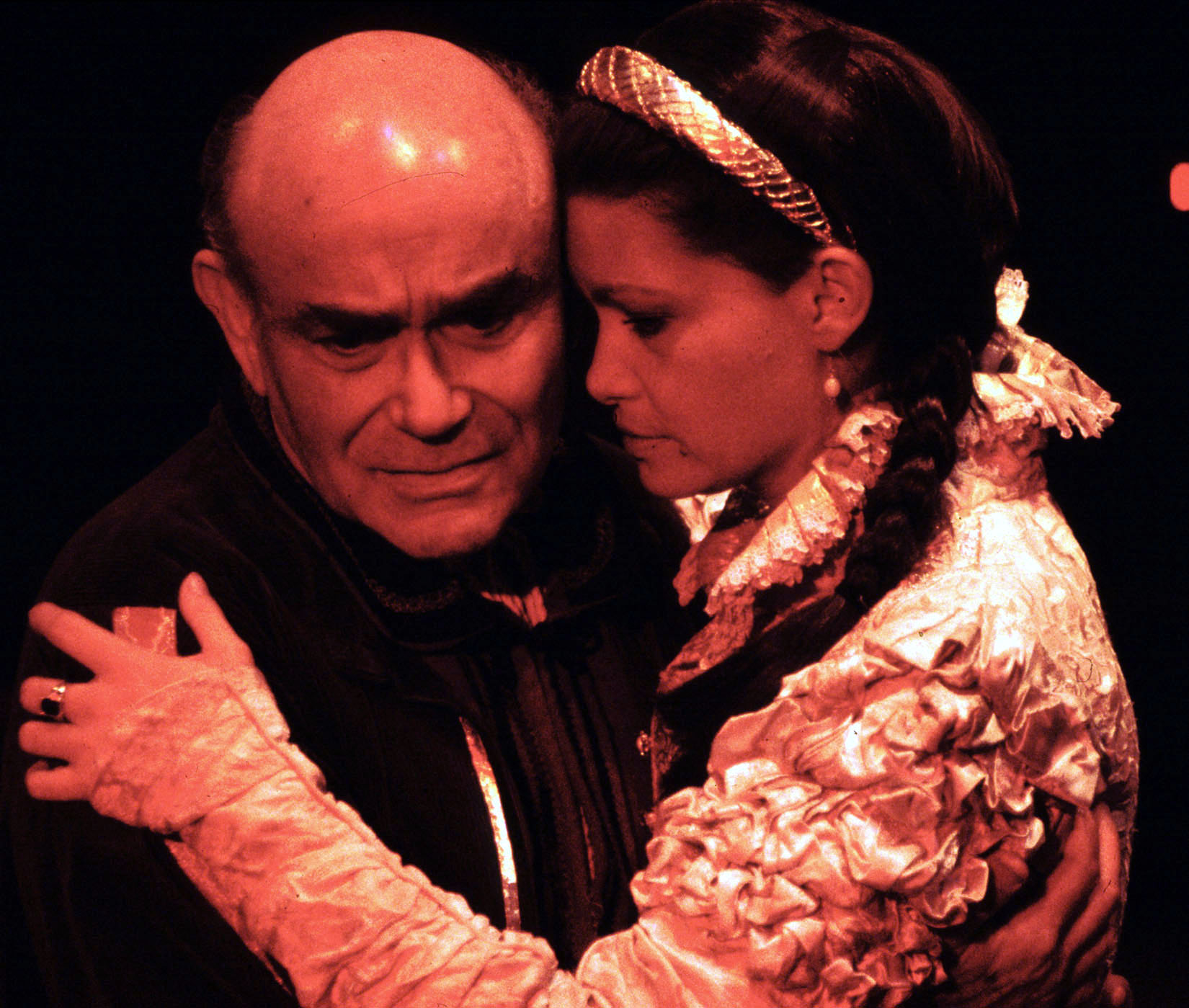
7. **Phantom of the Opera (2004)**Ah, ‘The Phantom of the Opera’ – a classic stage musical that’s mesmerized audiences for decades with its Gothic romance, iconic music, and breathtaking spectacle. The 2004 film adaptation, however, faced an uphill battle. Let’s not even get into the slightly uncomfortable age gap, with the romantic lead Emmy Rossum at 17 playing opposite a 33-year-old Gerard Butler. That alone highlighted some of the more problematic plot points of the original in a way that perhaps wasn’t intended for the big screen.
But beyond that, there was a more fundamental problem: some things just don’t translate from stage to screen. Watching that iconic chandelier fall from the ceiling or the Phantom’s gondola glide through the fog of a stage production creates an almost magical, immersive experience. When those same moments are replicated on a screen, even a massive one, they just don’t hit with the same visceral impact. The inherent theatricality of the musical, what makes it so special live, unfortunately, didn’t lend itself well to the cinematic format.
Gerard Butler, who played the mysterious Phantom, certainly looked the part, embodying the brooding, tormented figure with a captivating presence. However, when it came to the singing, many felt he couldn’t quite hit the right notes – literally. In a musical driven by powerful, emotional vocals, any weakness in that department becomes glaringly obvious. The expectation for a ‘Phantom’ to deliver those soaring operatic lines is immense, and for many, Butler fell short.
Ultimately, the sheer spectacle and the undeniable strength of Andrew Lloyd Webber’s music did prevent the film from being a complete disaster, but it couldn’t save it from widespread criticism. Most reviewers agreed that the movie felt “histrionic, boring, and lacking in romance and danger,” missing the crucial elements that make the stage show so enduring. It served as a stark reminder that sometimes, the magic is best left on the proscenium arch.”
Okay, so we’ve already taken a deep dive into some truly unforgettable (for all the wrong reasons) musical movie adaptations. But hold onto your popcorn, because the cringe-fest isn’t over yet! We’re about to explore seven more productions that tried to bring Broadway magic to the silver screen, only to end up as cautionary tales in cinematic history. Get ready for more directorial decisions that missed the mark, tonal inconsistencies that left us scratching our heads, and character mishandlings that sealed their fate as true disappointments.
Read more about: From Cult Classics to Cringe-Fests: Revisiting 15 Unforgettable Acting Performances That Missed the Mark

8. **Fame (2009)**Remember the iconic 1980 film and musical ‘Fame,’ which captured the grit and ambition of students at a performing arts high school? It was a cultural phenomenon that resonated deeply with its portrayal of young artists striving for their dreams. So, when a remake was announced in 2009, there was a buzz of anticipation, hoping for a fresh take on a timeless story.
Unfortunately, the 2009 version of ‘Fame’ fell flat, largely failing to recapture the raw emotional depth and significant cultural impact of its predecessor. While it aimed to update the musical with more modern music and contemporary issues, the result felt strangely disconnected and ultimately forgettable. It was like trying to force a classic into a new mold without understanding its original essence.
Audiences often found the characters in the remake underdeveloped, making it hard to invest in their journeys or feel the emotional highs and lows that made the original so compelling. The music, despite its modern sheen, just didn’t spark the same energy or resonate with the kind of infectious enthusiasm that defined the 1980s version. It was a valiant attempt to reintroduce a classic, but one that ultimately missed its mark, leaving fans craving the original’s magic.
Read more about: Robert De Niro at 80: A Deep Dive into the Legendary Actor’s Transformative Artistry, Enduring Legacy, and Remarkable Personal Evolution

9. **Joker: Folie à Deux (2024)**Talk about a bold move! After the chilling success of ‘Joker’ in 2019, the announcement of a sequel, ‘Joker: Folie à Deux,’ with Joaquin Phoenix reprising his iconic role and Lady Gaga joining as Harley Quinn, immediately grabbed headlines. The concept of turning this dark, psychological thriller into a musical was, to say the least, an audacious creative gamble. It promised something entirely new and unexpected from the comic book genre.
However, this daring stylistic pivot left many fans utterly confused. The intensely dark and brooding tone that defined the first film, which explored mental illness and societal decay, simply didn’t mesh well with the introduction of musical elements. The transition from gritty realism to song and dance often felt jarring, pulling viewers out of the immersive, unsettling world that had been so meticulously built. It was an ambitious blend, but one that frequently clashed rather than complemented.
Despite the undeniable star power of Phoenix and Gaga, and their individual talents, the movie’s tonal inconsistency became its Achilles’ heel. Critics and audiences alike grappled with the film’s identity, leading to a decidedly mixed bag of reviews and, ultimately, limited commercial success. It seemed that for ‘Joker: Folie à Deux,’ the very thing that made it unique – its musical twist – also became its biggest hurdle, proving that not every genre-bending idea translates into a cohesive cinematic experience.
Read more about: The Joker Actors Ranked from Worst to Best: A Definitive Critical Analysis
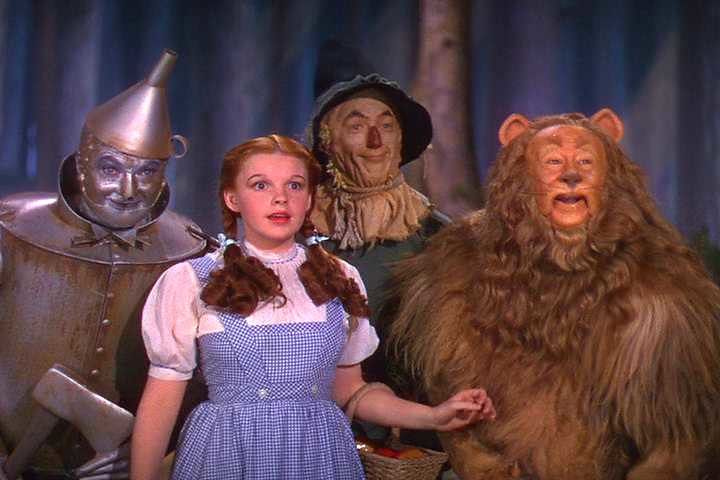
10. **The Wiz (1978)**Prepare for a journey down the yellow brick road with a funky, all-Black musical adaptation of ‘The Wizard of Oz’! ‘The Wiz’ starred the legendary Diana Ross as Dorothy and the King of Pop himself, Michael Jackson, as the Scarecrow, promising a vibrant and soulful re-imagining of a beloved tale. While it has since garnered a dedicated cult following, its initial release in 1978 was, by all accounts, a box-office disaster, baffling many at the time given its star power.
Critics and audiences questioned the film’s overall production value, with many feeling it didn’t quite live up to the spectacular standards set by the Broadway hit from which it was adapted. The ambition was certainly there, but the execution often felt disjointed, particularly when compared to the stage show’s immersive charm. It’s a testament to the original’s strength that it maintained its legacy despite the movie’s initial stumble.
The film’s music and performances, while featuring incredible talent, were a mixed bag for viewers. Some found the visuals, with their fantastical and almost surreal approach, to be a bit too much, pushing the boundaries of what audiences expected from a ‘Wizard of Oz’ story. This combination of factors contributed to its failure to connect with mainstream audiences at the time, underscoring the challenge of translating unique stage magic to the big screen without losing its essence.
Read more about: Charley Rosen, Basketball’s Prolific Pen and Enduring Voice, Dies at 84: A Life Examined

11. **Mamma Mia! Here We Go Again (2018)**Ah, ‘Mamma Mia!’ – the ultimate feel-good, ABBA-fueled singalong that took the world by storm! So naturally, a sequel, ‘Mamma Mia! Here We Go Again,’ was highly anticipated, bringing back the original stellar cast and introducing a younger version of Donna, played by the delightful Lily James. With its promise of more catchy tunes and sun-drenched Greek island vibes, it seemed like a guaranteed hit, ready to whisk us away on another joyful adventure.
However, despite its infectious ABBA soundtrack and an undeniably talented ensemble, the sequel struggled to recapture the unique, spontaneous magic that made the first film such a massive hit. The plot, which intertwined Donna’s past adventures with her daughter Sophie’s present-day struggles, often felt disjointed and less cohesive. It lacked the effortless flow and charm that drew audiences into the original’s heartwarming chaos.
Fans of the first movie, while enjoying the music, often felt a noticeable dip in the beloved chemistry among the cast, which was a cornerstone of the original’s appeal. The storyline, with its parallel narratives, didn’t quite live up to the high expectations set by its predecessor, leaving some wishing they’d just stuck with the first film’s simple, unadulterated joy. It just goes to show, sometimes lightning doesn’t strike twice in the same glittery, disco-ball kind of way!
Read more about: Chameleons of the Silver Screen: Unpacking the Unparalleled Versatility of 14 Iconic Actors Across Genres

12. **The King and I (1999)**Here’s one that might have flown under your radar – and perhaps for good reason! Not to be confused with the beloved 1956 live-action classic, this 1999 animated version of ‘The King and I’ aimed to be a more kid-friendly rendition of the timeless story about a British teacher and her complex relationship with the King of Siam. It had all the makings of a charming children’s film, or so it seemed.
Unfortunately, this cartoon adaptation proved to be a tough watch, even for the adults forced to sit through it with their little ones. Critics universally panned the film for its drastic simplification of the original plot, its inexplicable decision to cut some of Rodgers and Hammerstein’s most iconic songs, and for creating what many felt was a severely watered-down version of a story that was already pretty family-friendly to begin with. It was an adaptation that stripped away the very essence of what made the musical so enduring.
The Washington Post didn’t pull any punches, famously describing it as a “wretched, lurid, absurd concoction which seems to have been conceived to annoy adults and bore children.” Ouch! That’s certainly not the kind of review you want for a film meant to enchant young audiences. It perfectly encapsulates how this animated ‘King and I’ failed to capture the hearts of either generation, becoming a forgotten footnote in musical movie history.
Read more about: Julianne Moore’s Unforgettable Journey: Unpacking the Illustrious Career of a Hollywood Icon
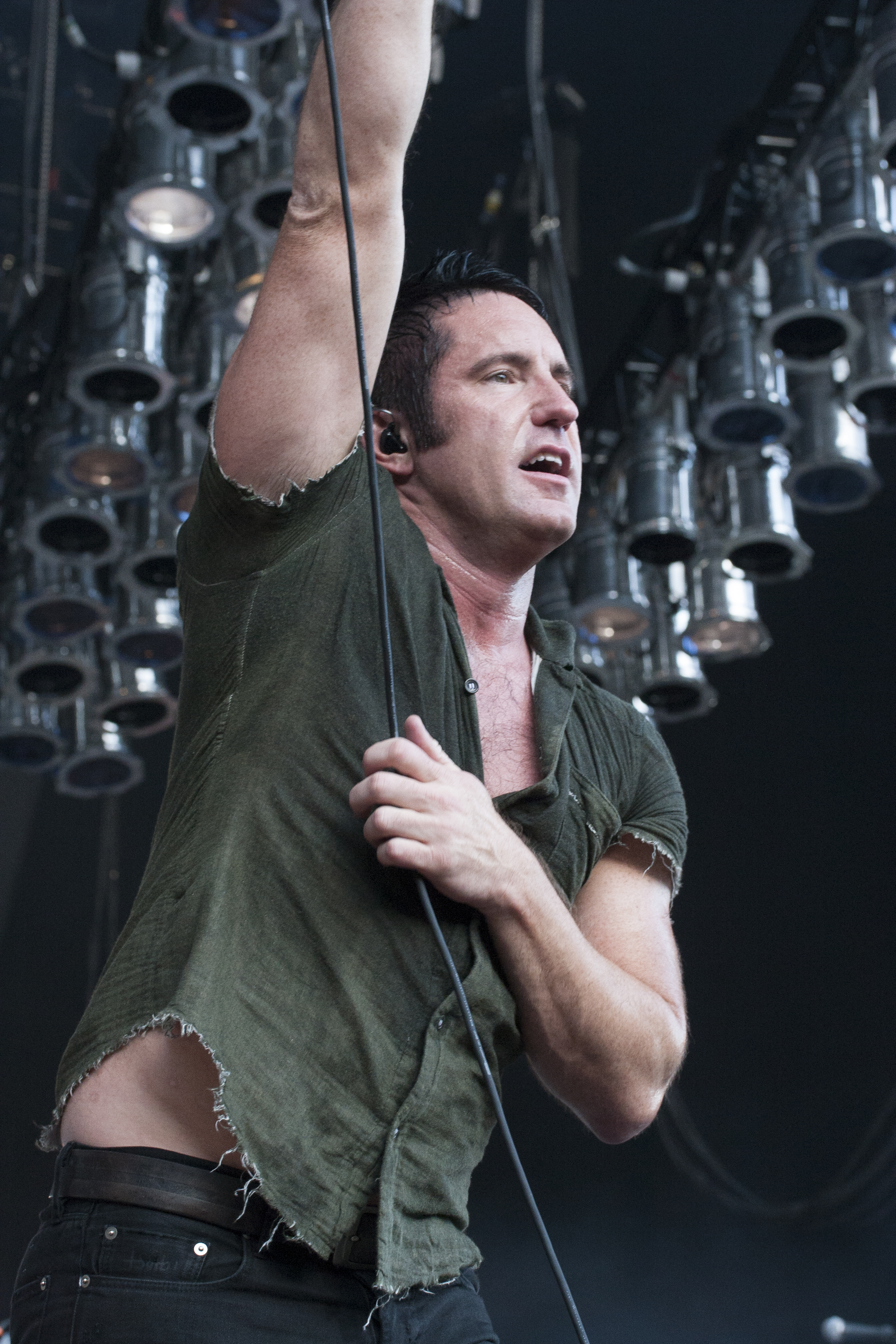
13. **Nine (2009)**Based on Federico Fellini’s Italian cinematic masterpiece ‘8 ½,’ the stage musical ‘Nine’ follows a womanizing Italian film director, Guido Contini, as he grapples with a midlife crisis, finding himself conversing with nine influential women from his life. From his mother to his mistress, even a childhood prostitute, these women’s voices in his head push him toward a profound realization: he should have appreciated and acknowledged them long before it was too late.
At its very core, the stage show is a powerful exploration of the importance of recognizing women as multifaceted individuals, moving beyond seeing them merely as sex objects or conquests. It highlights how their perspectives and realities can profoundly reshape one’s outlook on life. When the 2009 film adaptation, starring Daniel Day-Lewis, came along, many expected this profound message to translate seamlessly.
While the performances in the film adaptation were generally praised, especially from its star-studded female cast, director Rob Marshall faced significant criticism. Many viewers felt his directorial choices, particularly his tendency to cast the female characters in scantily clad outfits, inadvertently catered to the male gaze rather than truly embracing and conveying the musical’s core moral. This unfortunate visual emphasis overshadowed the deeper thematic intentions, leaving the film feeling like a missed opportunity to truly honor its source material’s powerful message.
Read more about: Seriously, Watch These: 13 Underappreciated Movies That Were Actually Great
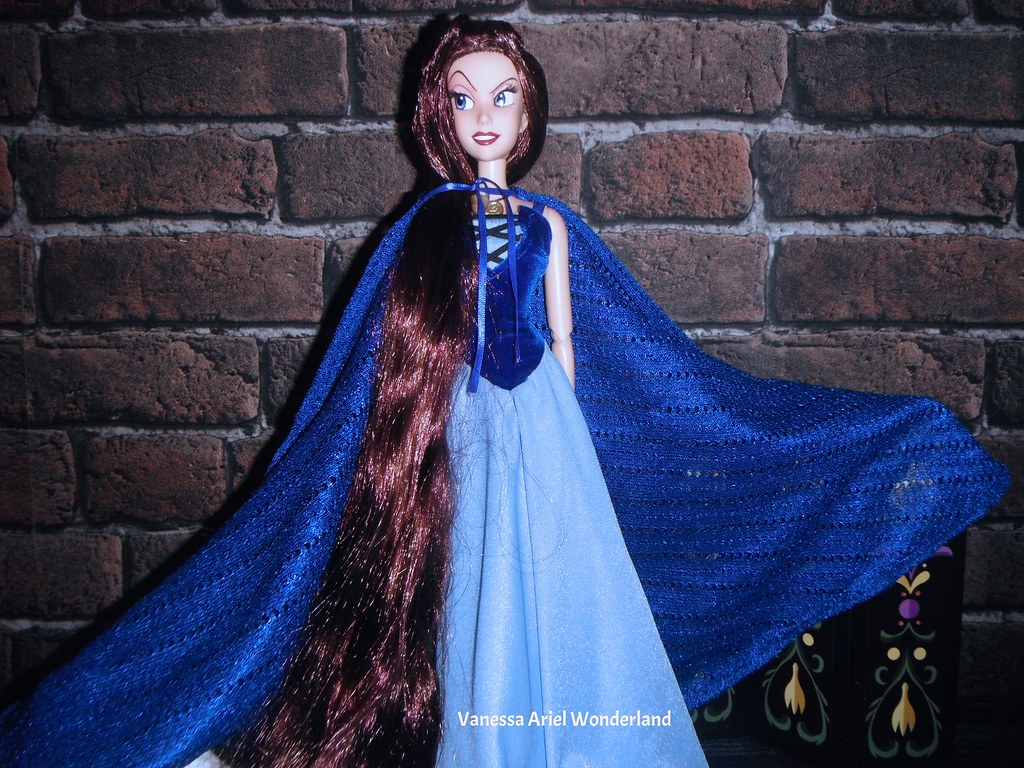
14. **Hair (1979)**When ‘Hair’ debuted Off-Broadway in 1967, it was an explosive cultural phenomenon, a vibrant rock musical that captured the rebellious spirit and counter-cultural ethos of the hippie movement. It bravely tackled themes of racism, pacifism, war, sex, drugs, and religion, becoming a voice for a generation. Fast forward to 1979, and a movie adaptation was released, but the world had changed, and with it, the context of the story.
While the film didn’t exactly flop—it even earned a Golden Globe nomination—many die-hard fans of the stage musical felt it simply didn’t live up to the original. This makes sense when you consider the shifting sands of time: the musical was born *during* the hippie movement, brimming with urgent, contemporary relevance. The film, however, was made a decade *after* the movement had largely faded, offering a different, more reflective outlook on the iconic hippie tribe.
Perhaps the biggest and most poignant diversion from the original plot comes at the end, specifically regarding the fate of the main character, Claude. In the stage version, Claude, a core member of the tribe, receives his draft card and is tragically killed in Vietnam. The movie, however, sees his friend Berger heroically switch places with Claude, giving him one last night of freedom, only for Berger to be killed in Vietnam while posing as Claude. While both endings are undeniably sad, the original’s stark, simple hopelessness more powerfully captured the bleak realities of the Vietnam Era and the quiet, devastating sacrifices made during it. The film’s altered ending, while dramatic, lost some of that raw, historical resonance that made the stage show so impactful.
Read more about: Unmasking the Ages: How Old Were These Legendary Actors When They Embodied Their Most Iconic Film Roles?
And there you have it, a wild ride through some of cinema’s most memorable musical misfires! From CGI cats that haunted our dreams to casting choices that defied logic, and narrative shifts that left fans utterly bewildered, these films serve as fantastic (and sometimes hilariously bad) examples of what happens when the magic of the stage struggles to find its footing on the big screen. It’s a vivid reminder that while the dream of the movie musical is alive and well, sometimes, it really does turn into a spectacular, unforgettable nightmare. So, next time you settle in for a musical adaptation, let’s hope it’s more ‘Wicked’ and less… well, you know, a ‘Cat-astrophe’!



